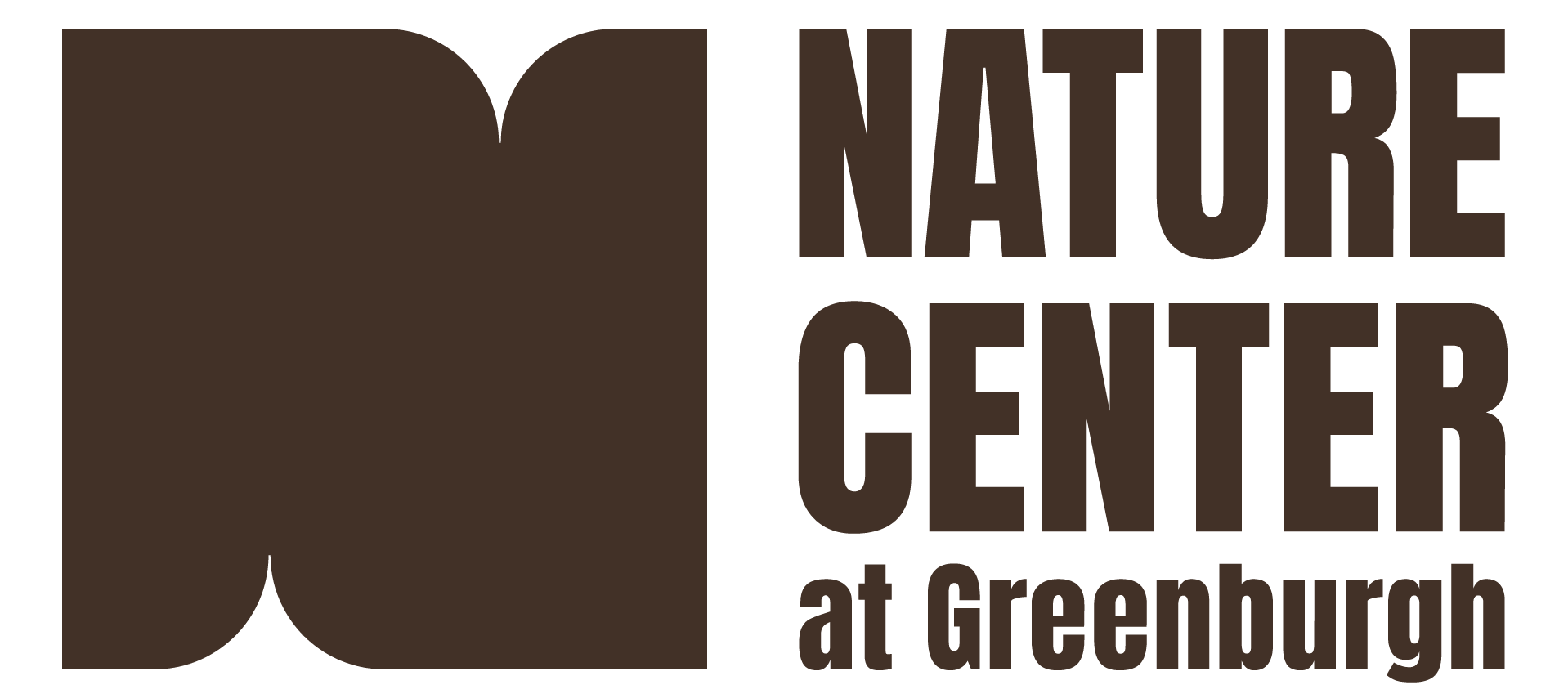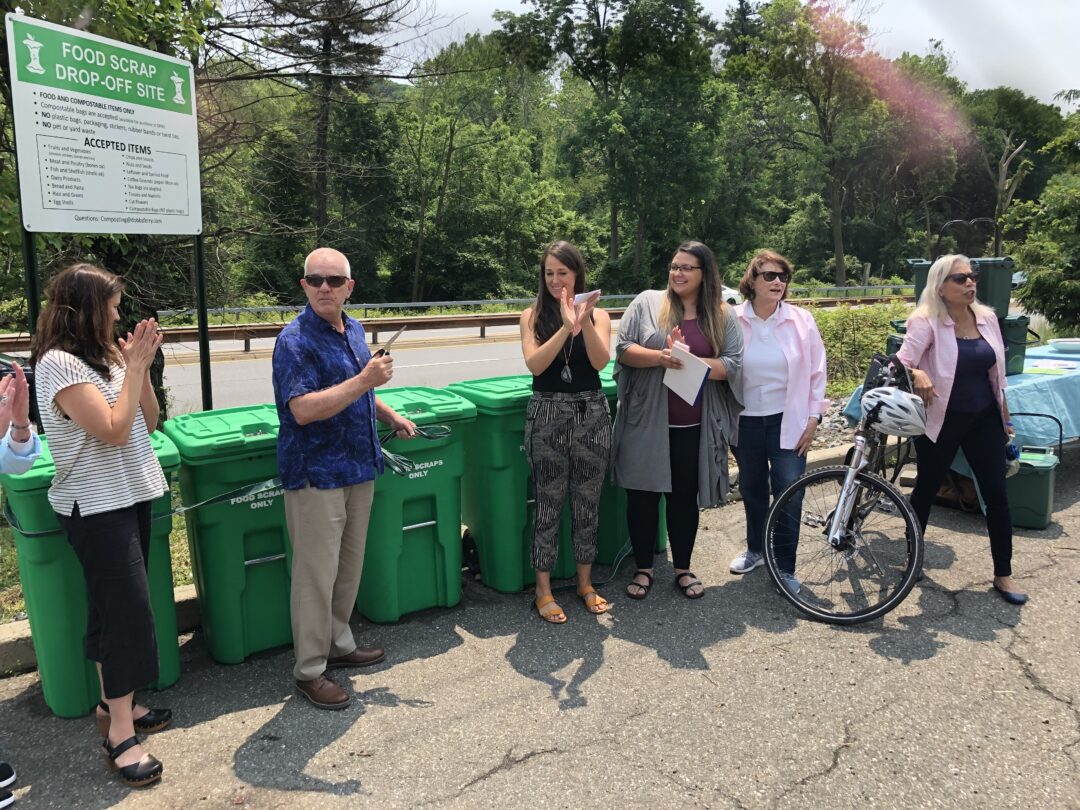Need a starter kit?!
You can purchase a starter kit at the Nature Center Manor House! *Cash or check only* (please not that supplies are limited and we can no longer sell individual rolls of compost bags)
Nature Center Hours: Tuesday – Sunday 10 AM – 4 PM
Have a Question? Email noah@naturecentergb.org
The Town of Greenburgh Food Scrap Recycling Program accepts resident food scraps for recycling for no charge at the following drop-off locations:
Anthony F Veteran Park
Administration Building
11 Olympic Ln, Ardsley, NY 10502
Open 7 days a week, 7am-8pm, except for major holidays (please check town website for closures/reduced hours)
Dobbs Ferry
1 Stanley Ave, Dobbs Ferry
Open every day, from dawn to dusk
Greenburgh
Greenburgh Town Hall, 177 Hillside Avenue, White Plains, NY
Open every day, from dawn to dusk
Hastings
Hastings-on-Hudson Department of Public Works
67 Southside Avenue, Hastings-on-Hudson, NY 10706
Open every day from dawn to dusk
https://www.hastingsgov.org/523/Compost
Irvington
Main Street School (Parking Lot)
101 Main Street, Irvington, NY 10533
Every Sunday, 9:30 am – 1 pm
http://irvmkt.org/
Tarrytown
Losee Park, 238 Green Street, Tarrytown, NY 10591
Open every day, from dawn to dusk
https://tarrytownenvironmental.org/local-initiatives/food-scrap-collection-program-composting/
How to Recycle Food Scraps
1. SET UP your countertop pail and transportation bin (create your own bin system with countertop pail and transfer bin or see below for starter kit info)
2. COLLECT food scraps in your countertop pail; all food is accepted, but should not be mixed with non-food or non-compostables, as described in the ‘Items Not Accepted’ section below. Although not required, you may line your pail with a compostable bag – please no plastic bags.
3. STORE and TRANSFER – Most residents will fill the countertop pail with food scraps 3-4 times per week. It is suggested that residents have a larger TRANSFER bin to store food scraps in for weekly storage and transfer to the drop-off site.
4. DISPOSE food scraps at drop-off location as often as needed.
Starter Kits
Starter kits include a 2 gallon kitchen countertop pail, a 6 gallon transportation bin, a resident instruction guide and a 25 count roll of countertop bin compostable bags. Please bring cash or check (credit is not accepted). No Refunds.
Refill compostable bags are available for purchase (supplies limited, please call to inquire):
$2 for countertop bin bags
$5 for transfer bin bags
Accepted Items
ALL food waste, including: *If you can eat it, it can go in the bin!*
• Fruits and vegetables (remove stickers, rubber bands, twist ties)
• Meat and poultry (bones ok)
• Fish and shellfish (shells ok)
• Dairy products
• Bread and pasta
• Rice and grains
• Egg shells
• Chips and snacks
• Nuts and seeds
• Leftover, spoiled and expired food
Other Items (if in doubt, ask before contaminating your food scrap recyclables):
• Coffee Grounds (paper filters ok)
• Tea bags (no staples)
• Paper towels and napkins
• Cut flowers (not landscaping waste)
• Compostable Bags
• Lint
Items Not Accepted
Please do not include the following items, as they will contaminate your food scrap recyclables:
• Plastic bags
• Baby/hand wipes
• Diapers
• Glass, metal or plastic
• Pet waste or kitty litter
• Styrofoam
• Yard waste
FAQs
Why recycle food scraps?
Food scraps are one of the largest components of trash sent to landfills and incinerators. However, food scraps are not trash, they are a resource that can be turned into useful compost. Recycling food scraps into compost captures their nutrients and energy and returns them to the environment. When food scraps are sent to a landfill or incinerator this resource is lost. In a landfill, food scraps create methane, which is a potent greenhouse gas that traps CO2 and contributes to global warming. When sent to an incinerator, food scraps reduce the efficiency of the incinerator because they contain water and therefore don’t burn well. Composting food scraps turns that story around! Instead of wasting energy trying to burn food, or creating methane from landfilling it, composting food scraps produces a useful and valuable product that gives back to our nutrient life cycle resulting in cleaner soil, water and air.
What is compost?
Compost is a soil amendment which enriches our soil. When purchasing a bag of potting soil or observing your landscaper putting down “dirt” you are using compost. Compost benefits our landscape by maximizing plant growth, preventing soil erosion and mitigating the frequency of water, fertilizer and pesticide use. By recycling your food scraps you are reducing waste and creating compost – a double win!
What happens to the food scraps?
The food scraps are hauled to a commercial compost facility in Ulster County, NY. They are mixed with yard waste and turned into nutrient-rich soil amendment – compost!
Where else is there a residential food scrap recycling program?
Currently, there are over 20 municipalities in Westchester County that participate in residential food scrap recycling programs! Click here to see who is working to make Westchester County a food scrap recycling leader. https://environment.westchestergov.com/food-waste/residential-food-scrap-transportation-and-disposal-program-rfstad

